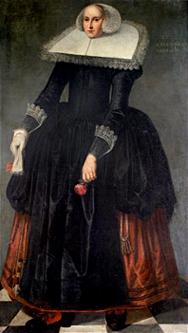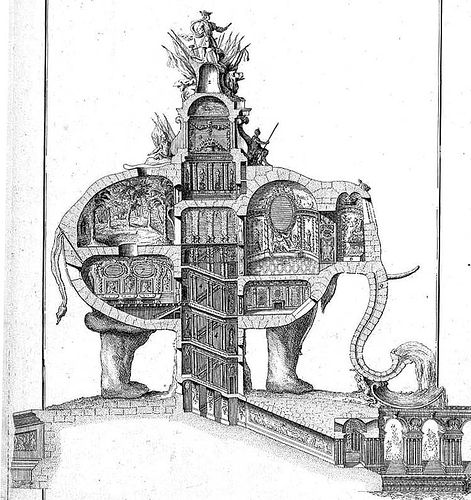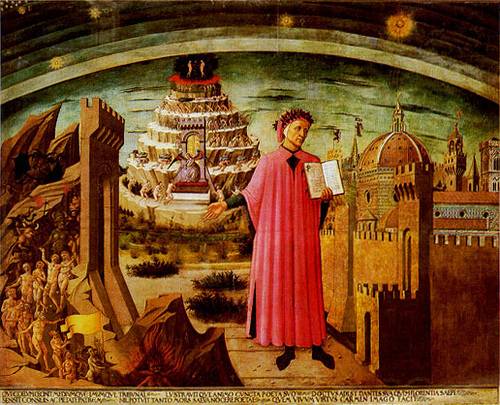In a dialogue prefixed to Lessius’ Hygiasticon (1634), a glutton reforms himself by arguing with his own echo:
Gl. My belly I do deifie.
Echo. Fie.
Gl. Who curbs his appetite ‘s a fool.
Echo. Ah, fool!
Gl. I do not like this abstinence.
Echo. Hence.
Gl. My joy ‘s a feast, my wish is wine.
Echo. Swine.
Gl. We epicures are happie, truely.
Echo. You lie.
Gl. Who ‘s that which giveth me the lie?
Echo. I.
Gl. What? Echo, thou that mock’st a voice?
Echo. A voice!
Gl. May I not, Echo, eat my fill?
Echo. Ill.
Gl. Will ‘t hurt me if I drink too much?
Echo. Much.
Gl. Thou mock’st me, Nymph! I’ll not beleeve ‘t.
Echo. Beleeve ‘t.
Gl. Dost thou condemne, then, what I do?
Echo. I do.
Gl. I grant it doth exhaust the purse.
Echo. Worse.
Gl. Is ‘t this which dulls the sharpest wit?
Echo. Best wit.
Gl. Is ‘t this which brings infirmities?
Echo. It is.
Gl. Whither will ‘t bring my soul? canst tell?
Echo. T’ Hell.
Gl. Dost thou no gluttons vertuous know?
Echo. No.
Gl. Would’st have me temperate till I die?
Echo. I.
Gl. Shall I therein finde ease and pleasure?
Echo. Yea, sure.
Gl. But is ‘t a thing which profit brings?
Echo. It brings.
Gl. To minde or bodie? or to both?
Echo. To both.
Gl. Will it my life on earth prolong?
Echo. O, long!
Gl. Will ‘t make me vigorous untill death?
Echo. Till death.
Gl. Will ‘t bring me to eternal blisse?
Echo. Yes.
Gl. Then, sweetest Temperance, I’ll love thee.
Echo. I love thee.
Gl. Then, swinish Gluttonie, I’ll leave thee.
Echo. I’ll leave thee.
Gl. I’ll be a belly-god no more.
Echo. No more.
Gl. If all be true which thou dost tell,
They who fare sparingly fare well.
Echo. Farewell!




